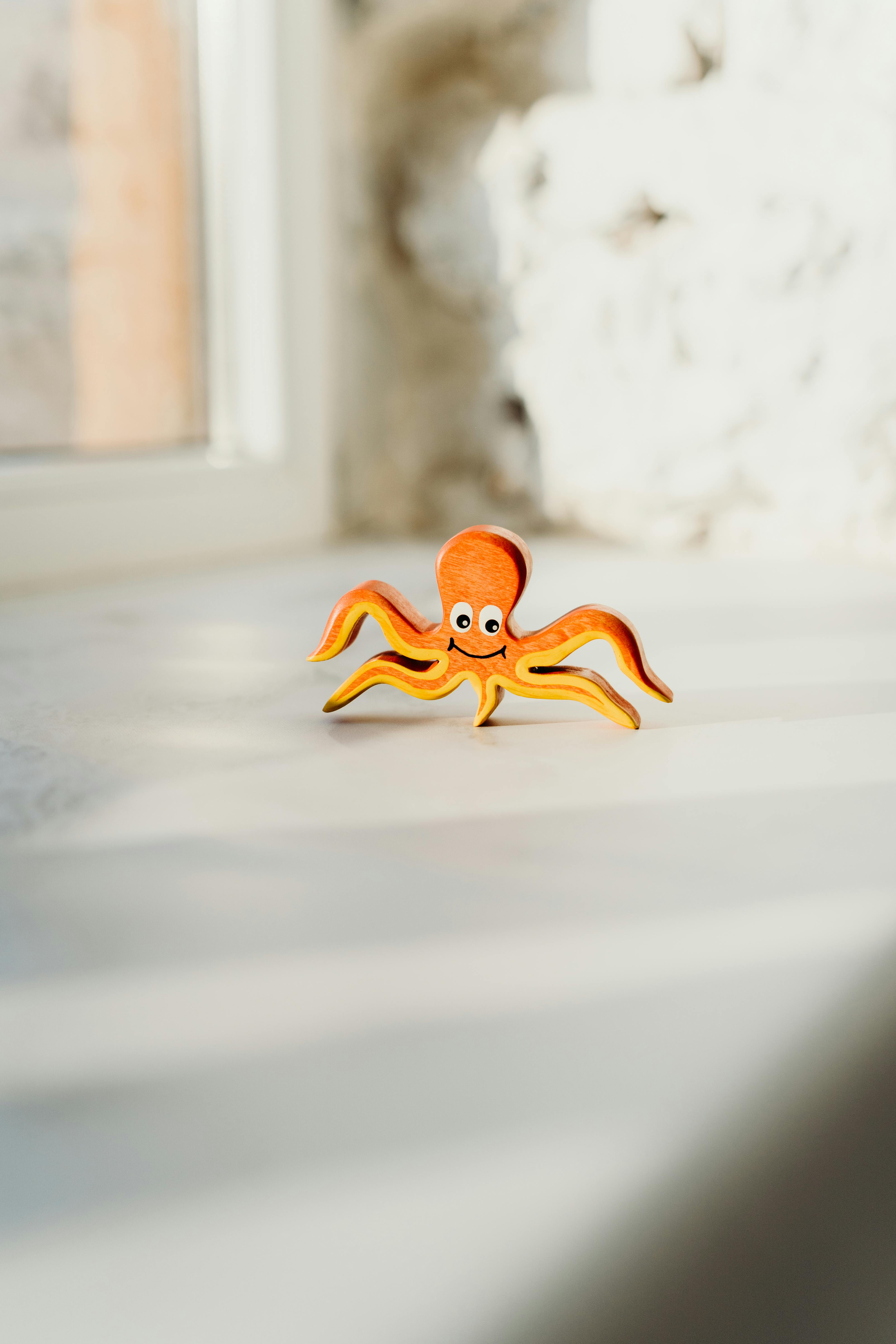Discovering the Fascinating World of Octopus Intelligence
Dive deep with us into the underwater realm as we explore one of the most intriguing creatures of the sea: the octopus. Far from the average invertebrate, octopuses have demonstrated intelligence and behaviors that rival those of many land animals. Let's unfold the mysteries of octopus intelligence, an area of study that has the potential to reframe our understanding of cognition in the animal kingdom.

A Glimpse into the Octopus’s Past
Octopuses have a rich evolutionary history that stretches back over 500 million years. Originally thought to be simple mollusks, advances in genomic sequencing have revealed an intriguing complexity to these creatures. They are part of the cephalopod family, which also includes squid and cuttlefish. Throughout their evolutionary journey, octopuses have developed impressive adaptations to survive in their diverse marine environments, from the shallows of tropical seas to the crushing depths of the abyss.
The Novelty of Octopus Intelligence
Octopuses display a range of behaviors that indicate high cognitive abilities. They’ve shown problem-solving skills, demonstrated by their ability to navigate mazes, open jars for food, and even escape from their aquariums. They exhibit play behavior, a characteristic usually reserved for mammals, and have been observed using tools, like coconut shells for shelter.
Current Research on Octopus Cognition
Scientists today are delving deeper into this underwater enigma. Current research focuses on mapping the octopus’s unique nervous system, which boasts about 500 million neurons (humans have 86 billion, for comparison). Interestingly, two-thirds of these neurons are located in the octopus’s arms, not its brain, allowing each arm to process information independently.
The Market for Octopus-Inspired Innovations
The study of octopus intelligence isn’t just a fascinating scientific endeavor; it also has real-world applications. The octopus’s ability to squeeze through tiny spaces, for example, has inspired the design of soft robotics for use in medical procedures. The estimated market value for soft robotics is projected to reach $5.23 billion by 2025, demonstrating the significant impact this aquatic inspiration can have.
Conclusion
From their evolutionary history to their surprising cognitive abilities, octopuses continue to captivate scientists, pet owners, and animal lovers alike. As we continue to unlock the mysteries of octopus intelligence, we not only deepen our understanding of these remarkable creatures but also discover potential applications that can benefit our own species. The world of the octopus serves as a powerful reminder of the untapped wisdom that exists beneath the waves.




